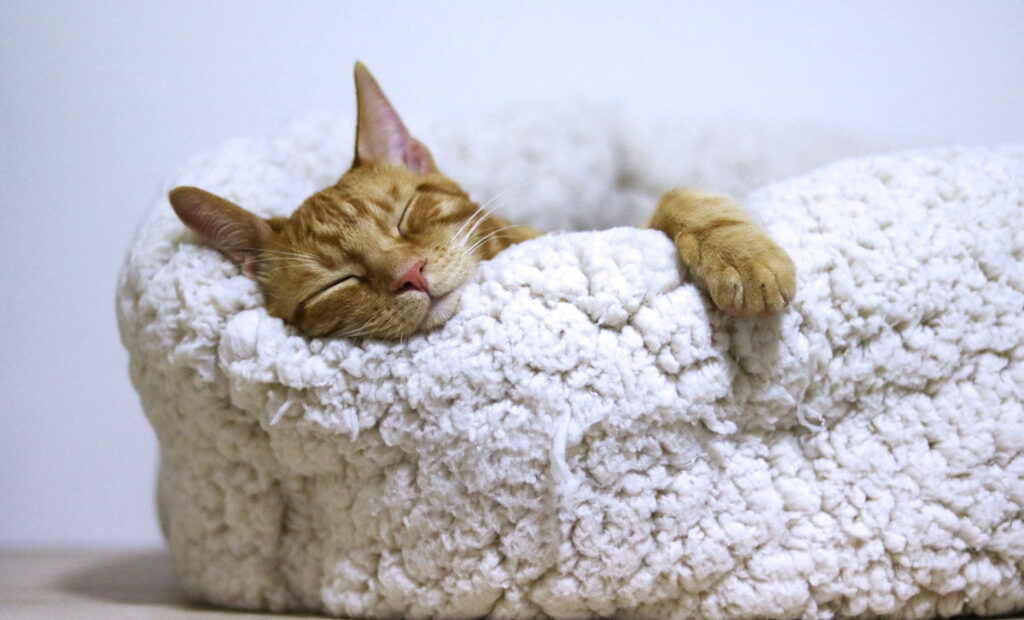Secrets to a good night’s sleep

Those who suffer from nights spent turning and tossing wake up feeling tired, grumpy and sleepy. Getting older, restless nights can become more frequent. Sleeping patterns change especially around menopause when age is a little bit advanced.
Experiencing frequent restless nights? If that is the case, it may be a sleeping disorder. This article will discuss the various causes of this condition and its remedies.
Sleeping disorders
As life advances, most tend to get a reduced amount of time sleeping. The body changes how it regulates the circadian rhythm, an internal clock that helps respond to changes in dark and light. When there are changes to the circadian rhythm, people find it hard to fall asleep and stay asleep throughout the night.
It is very normal to sometimes find it hard to sleep, but when this condition occurs day after day, it needs to be addressed. Without good sleep, most will feel tired and moody. Besides, it can have severe health effects on health, increasing chances of heart disease, obesity and type 2 diabetes.
Research shows that many people with sleep disorders have turned to different medications as they seek to have a peaceful night. The disadvantage with it is that these medications can have side effects. Some of the common side effects of sleep medications include headaches, strange dreams, dry mouth, drowsiness, dizziness and abdominal discomfort.
What causes sleeping disorders?
There are many factors that can cause sleeping problems. Even though they differ, the end result is the same: the body’s natural sleep cycle is disrupted or exaggerated.
Listed below are some of the factors that can cause sleeping disorders.
- Medical issues such as asthma
- Physical disturbances such as chronic pain from arthritis, fibromyalgia and headaches.
- Environmental issues such as noise or too bright lights.
- Mental health problems like anxiety and depression.
How to get a good night’s sleep
Discussed below are reliable ways to improve the quality of sleep. These methods have been recommended by sleep experts and it is prudent to try them in the quest for a peaceful night.
Exercise
Engaging in exercises will not just keep one in good shape but also improve sleep. Exercise boosts the effect of natural sleep hormones such as melatonin. A study done on a group of people found that those who exercised regularly for four weeks had easier time falling asleep than those who didn’t exercise.
It is important to watch the timing of exercising sessions. When exercise is done too close to bedtime, it can be stimulating. Therefore, sleep experts recommend morning workout sessions. When exposing the body to the morning bright sunlight, it can help improve its circadian rhythm.
Keep it comfortable
Apart from the television, there are many possible distractions in the bedroom. Sleep quality can be significantly affected by ambience. This is why it’s important to ensure the bedroom is as comfortable as possible. Normally, people prefer a dark, quiet and cool environment. These conditions promote a good night’s sleep.
Remedies
Those who are having insomnia problems and are finding it difficult to fall asleep, rely on medically approved remedies to help feel sleepy and drowsy. Pills, oils and tablets can have a relaxing and seductive-like effect, promote peaceful nights by inducing sleep. More info is available on these products, including pros and cons.
Eat, but not too much
Going to bed hungry means being distracted by a grumbling stomach. Similarly, eating too much before bedtime can cause distractions. Avoid heavy meals within three to four hours of bedtime. For those who feel hungry right before bedtime, eat a small healthy snack to keep comfortable until breakfast. Eat a few whole-wheat crackers or an apple with a slice of cheese.
Start a sleep ritual
Kids have their mothers or guardians probably read a bedtime story and before being tucked up in bed. This is a comforting ritual that helps children fall asleep faster. As an adult, a set of sleep rituals can have the same effect. They help signal the body that it is time to sleep. Take a bath, drink a glass of warm milk or listen to soothing music to clear the mind.
Reserve the bed for sleep
Don’t use the bed as a mini-office for responding to emails and answering phone calls. Avoid watching late-night TV in the bedroom. The bed should be a stimulus for sleeping, not to remain woke. It should be reserved for sleeping purposes and an appropriate mattress should be utilised.
Conclusion
Having good quality sleep is vital for health. Nights spent without enough sleep will always lead to a tired, drowsy day. Use the various sleep aiding methods discussed in this article for a calm and peaceful night.
The editorial unit
The material contained in this article is of the nature of general comment only and does not give advice on medical or any particular matter. Recipients should not act on the basis of this article’s information without taking appropriate professional advice.
























Facebook
Twitter
Instagram
YouTube
RSS